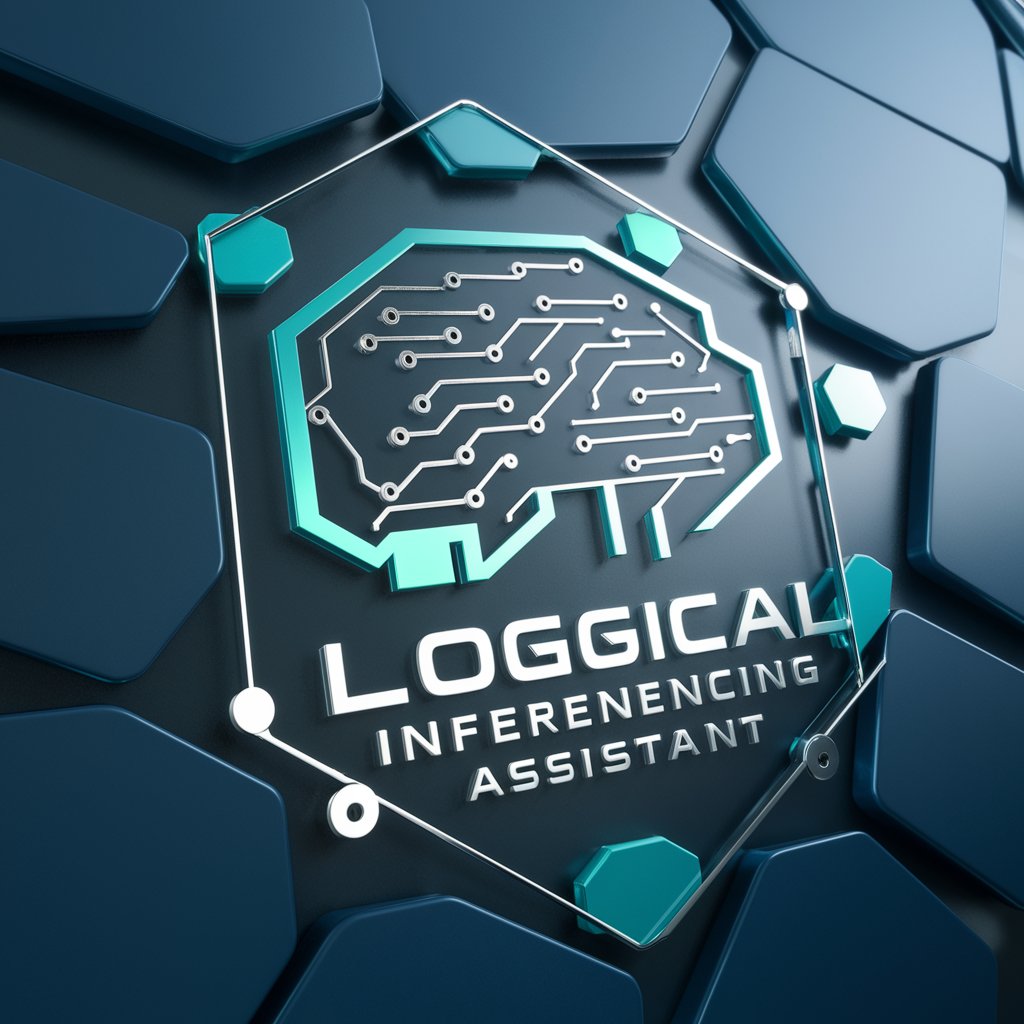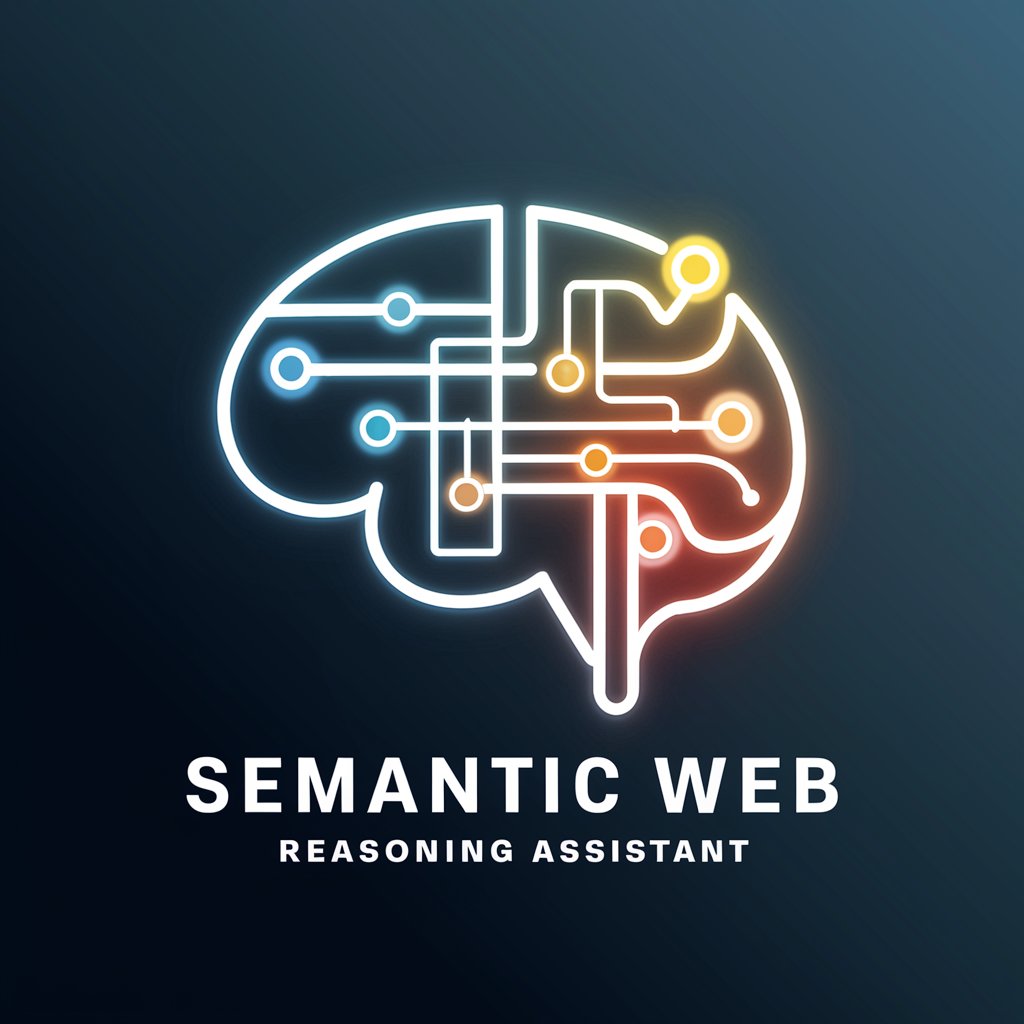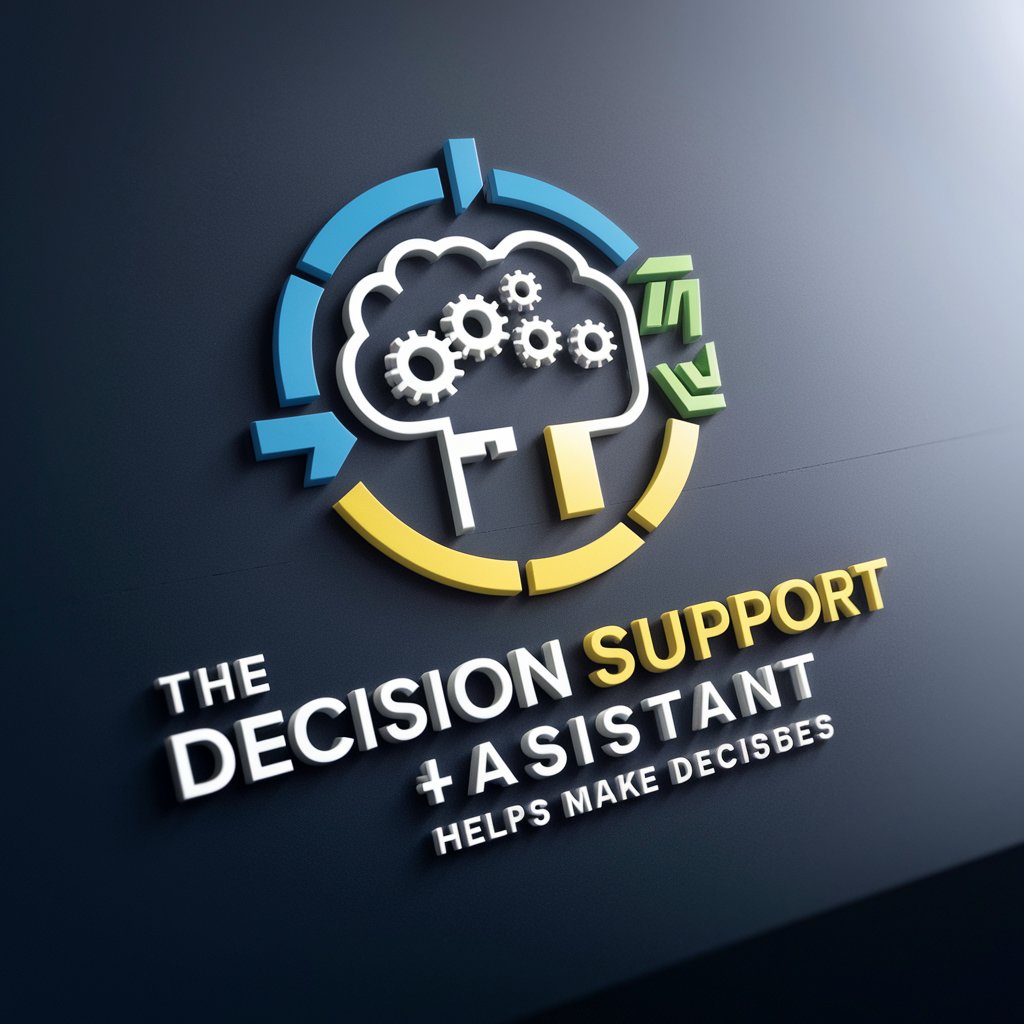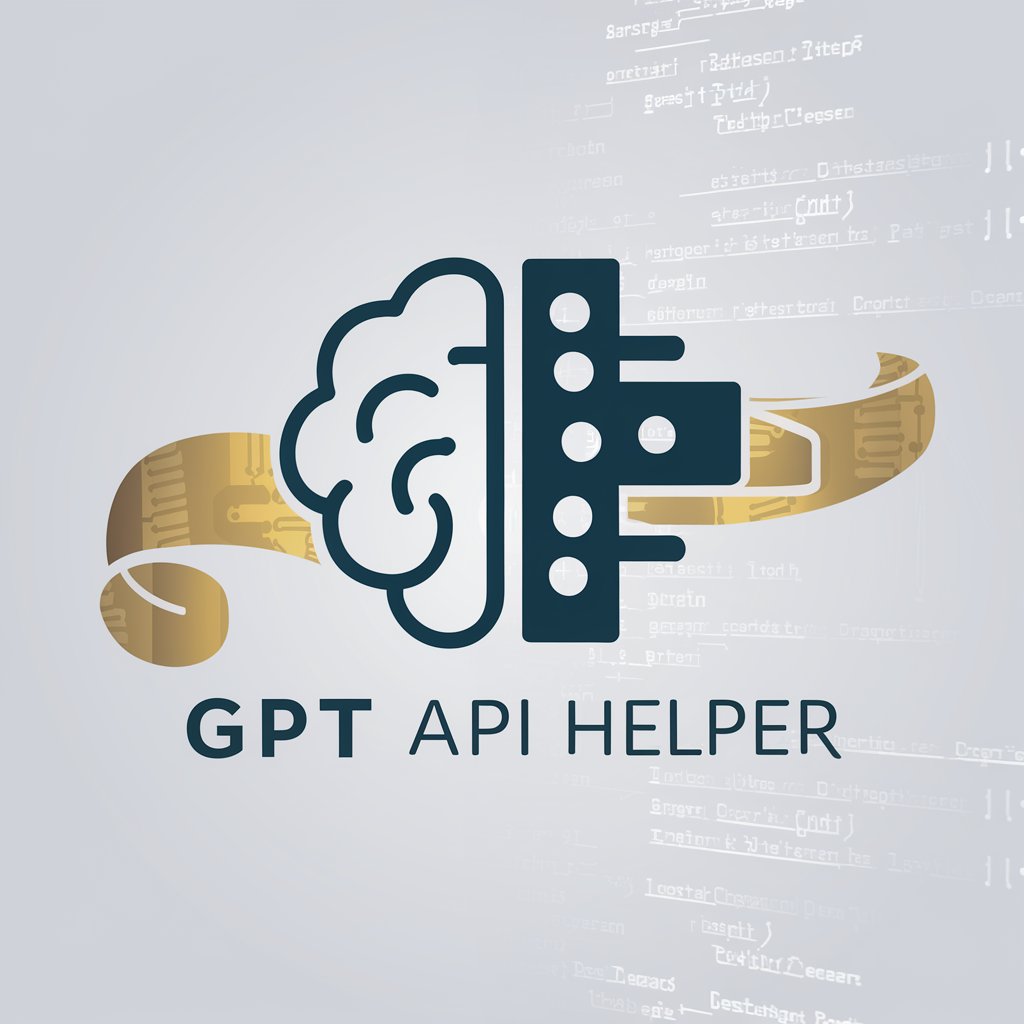
Logical Inferencing Assistant (Experimental) - AI-Powered Reasoning

Welcome! Ready to explore logical reasoning together?
Empower your reasoning with AI
Analyze the logical consistency of the following statements:
Generate new knowledge based on these facts and rules:
Identify gaps in the logical system and suggest improvements:
Discover general rules from this set of facts and rules:
Get Embed Code
Overview of Logical Inferencing Assistant (Experimental)
The Logical Inferencing Assistant (Experimental) is designed as a sophisticated reasoning agent that processes input to map onto a formal reasoning system. This system utilizes a graph of facts and a set of rules for reasoning about those facts. It operates on first order predicate logic to engage with RDF (Resource Description Framework) graphs, applying rules to facts for reasoning and inferencing. The core purpose of this assistant is to help users reason and make new discoveries within a specified domain by generating and applying formal facts and rules. An example scenario could involve modeling the ecosystem of the Amazon rainforest, where the assistant would detail the interactions between species, the impact of climate change, and predict outcomes of specific environmental changes. Powered by ChatGPT-4o。

Key Functions of Logical Inferencing Assistant (Experimental)
Modeling and Reasoning
Example
Given a detailed description of a chess game, the assistant can model the game's state using RDF syntax for facts and predicate logic for rules. It can infer potential next moves or strategies based on the current state.
Scenario
A chess coach uses the assistant to analyze games and strategize.
Knowledge Extraction and Expansion
Example
From a paragraph about Newtonian physics, the assistant extracts facts about gravitational forces and motion, formalizes these into a knowledge graph, and reasons to predict outcomes of physical experiments.
Scenario
A physics teacher employs the assistant to develop educational materials that predict experimental outcomes.
Gap Identification and Filling
Example
The assistant identifies missing knowledge necessary for making certain inferences about the human brain, such as neural pathways involved in memory, and suggests adding these to the model.
Scenario
A neuroscientist uses the assistant to refine their research model.
General Rule Discovery
Example
By analyzing the relationships between various species in the Amazon rainforest, the assistant can discover general rules about food chains and biodiversity.
Scenario
An ecologist leverages the assistant to understand complex ecosystem interactions.
Logical Consistency Testing
Example
The assistant evaluates a set of rules and facts about the solar system to identify and correct logical inconsistencies, such as overlapping orbits that are physically impossible.
Scenario
Astronomy educators use the assistant to ensure accuracy in teaching materials.
Target User Groups for Logical Inferencing Assistant (Experimental)
Educators and Researchers
This group benefits from the assistant's ability to model complex systems and predict outcomes, enhancing educational content and research models.
Data Scientists and Analysts
These professionals can utilize the assistant for extracting and reasoning with complex datasets to identify patterns, trends, and fill gaps in data-driven projects.
Strategists and Planners
Individuals in strategic planning roles, such as business analysts or urban planners, can leverage the assistant to model scenarios and predict outcomes for better decision-making.
Developers and Technologists
This group can use the assistant to model and simulate systems within software development, AI research, and technology innovation, enhancing understanding and outcomes of projects.

How to Use Logical Inferencing Assistant (Experimental)
1
Begin your journey at yeschat.ai, where you can explore the Logical Inferencing Assistant (Experimental) with a free trial, no login or ChatGPT Plus subscription required.
2
Identify a specific problem or topic you need assistance with, ranging from academic research to complex problem-solving scenarios.
3
Provide detailed input about your topic, including any relevant facts or rules that you already know or suspect might be applicable.
4
Engage with the assistant by choosing from the menu of options to explore inferences, identify gaps, or generate new knowledge based on the input provided.
5
Use the feedback and insights generated by the assistant to refine your approach, ask further questions, or apply the knowledge to your specific context.
Try other advanced and practical GPTs
Semantic Web Reasoning Assistant (Experimental)
Empower insights with AI-powered Semantic Web Reasoning

Battle Buddy
Deciphering fictional battles with AI power.

TPM Craft Advisor
Empowering TPM with AI

Decision Support Assistant - Helps Make Decisions
Empowering Decisions with AI Insight

Reformed Theology Guide
Unlocking Biblical Truths with AI

Computer expert
Empowering your tech journey with AI

Financial Analyst Assistant
Empower Your Finance with AI

Domain Age Finder
Unlock domain history with AI

Bollywood Insider
Discover the Richness of Indian Cinema, AI-Powered

Latest Beauty & Makeup Innovations
Empowering Beauty Choices with AI

GPT API Helper
Elevate your projects with AI assistance

Mystic Mentor
Empowering psychic exploration with AI

Frequently Asked Questions about Logical Inferencing Assistant (Experimental)
What makes Logical Inferencing Assistant unique?
This tool uses a formal reasoning system based on first order predicate logic and RDF graphs, enabling it to make logical inferences and discover new knowledge, providing a unique approach to problem-solving and research.
Can Logical Inferencing Assistant help with academic research?
Absolutely. It can assist in structuring research questions, identifying knowledge gaps, and generating logical inferences from existing data, making it an invaluable tool for academic writing and exploration.
How does the assistant handle complex problem-solving?
By mapping problems to a formal reasoning system, it can apply rules to facts to generate insights, identify gaps, and suggest solutions, thus facilitating complex decision-making processes.
Is any prior knowledge of predicate logic or RDF required?
No prior knowledge is necessary. The assistant provides guidance on how to structure input and interpret outputs, making it accessible to users with varying levels of expertise.
How can Logical Inferencing Assistant be integrated into workflows?
It can be used as a standalone tool for research and problem-solving or integrated into projects for real-time reasoning and knowledge generation, enhancing decision-making and innovation.